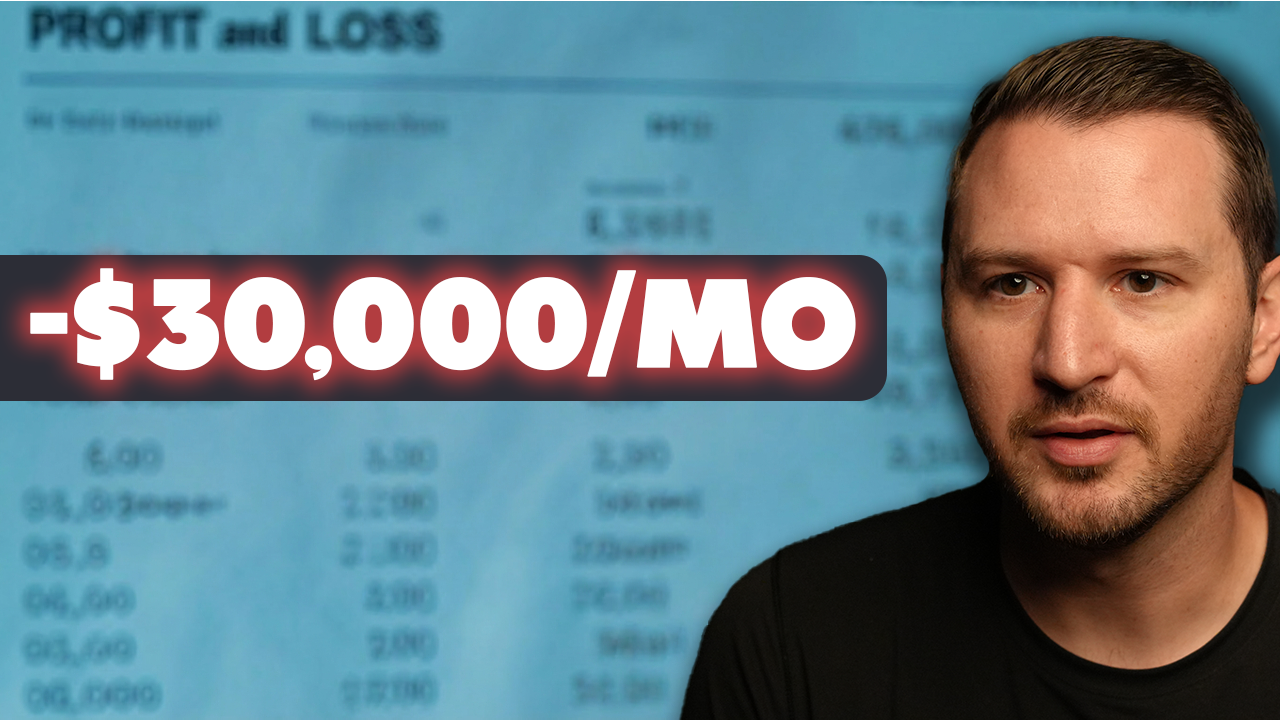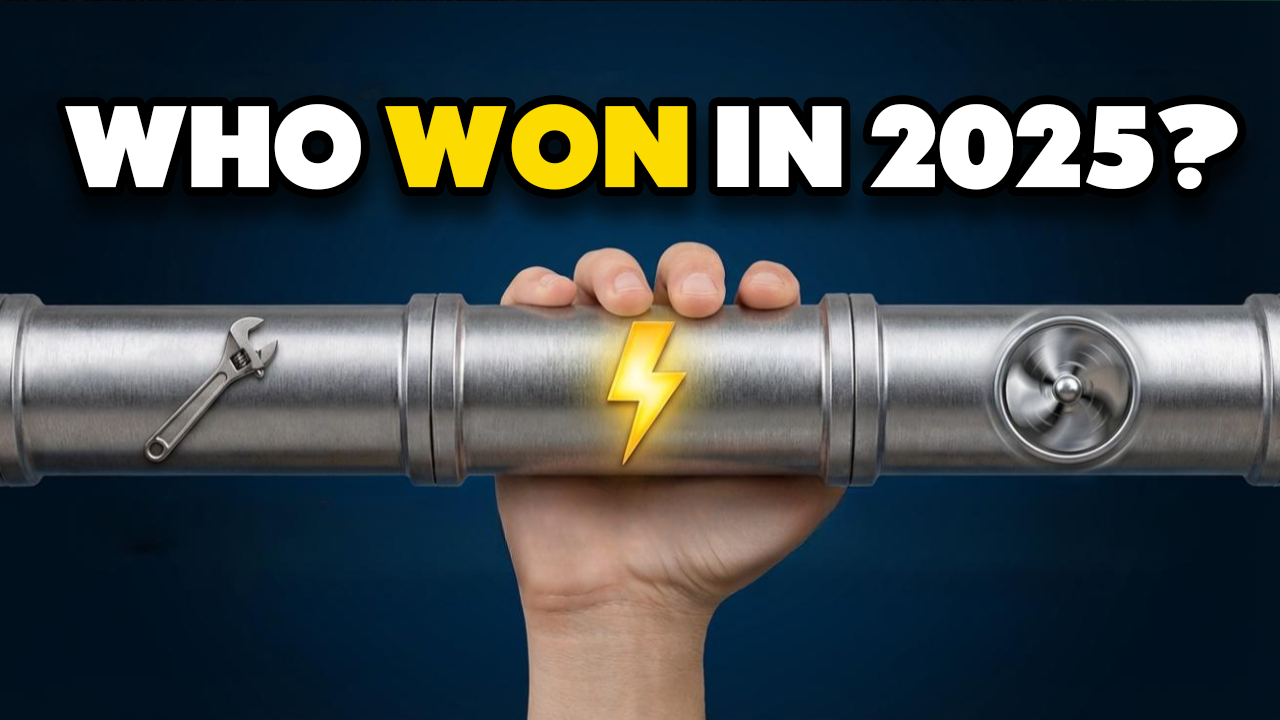I want to preface this entire rant by saying, yes: I am on my soap box, but also, business buying is a great way to build wealth. I've done it. I acquire businesses all over the middle Tennessee area in those categories that I mentioned earlier. Moreover, I like buying businesses. That's how I live.
And with that comes being in a space where a lot of people get worked up over scares and trends--including ones that aren't here yet.
All that said, let's talk about the supposed "silver tsunami" myth, what it is, and why I think it's utter bull.
What is the 'Silver Tsunami Myth'?

One of the biggest continual societal scares is what will happen when the Baby Boomer generation not only retires, but enters end-of-life care stages. And this isn't isolated to any one section of culture. Housing? Medicare? Food production?
Ask ten people in any industry or sector about this supposed flood of geriatrics and you'll probably hear concerns or worries. After all, other countries are experiencing similar issues. Look at Japan and the crumbling of its rural culture due to the population literally aging out.
And then we have the world of business ownership and the question begs: What will happen to all those businesses with this "wave" of retirees?
There's a lot of talk out there, but here's why I hate the Silver Tsunami myth and why I think it's a lot of unearned fear.
4 Reasons I Hate the Silver Tsunami Myth

Misleading Retirement Statistics
You often hear that 10,000 baby boomers retire daily and that 19% of them own small businesses. While these numbers are technically correct, they don't tell the whole story. The retirement age for business owners has increased significantly.
A decade ago, only 3% of 75-year-olds owned businesses; now, it's 5%. The average retirement age for business owners has shifted from 65 to about 71.
The silver tsunami is lengthening. It's not just this dump of every boomer getting out of their business at once. It's the slow trickle.
Most retirements we see are from corporate America, not from small business owners. This trickle effect means that the expected mass exodus of businesses isn't happening all at once.
Many Boomer Businesses Aren't Worth Buying
A significant number of businesses that baby boomers are selling have little to no enterprise value. These are not the lucrative opportunities they're made out to be.
When you start looking at the businesses that these boomers are selling, they're nothing. They have no enterprise value. Many of these businesses, like small travel agencies or vacuum repair shops, are outdated and barely profitable.
The reality is, many of these so-called businesses are more like side hustles.
There's 19-year-old kids who are running greater, larger, more fantastic side hustles than a lot of these boomer businesses that you're supposed to be buying. The statistics inflate the number of viable businesses, making the silver tsunami seem more substantial than it is.
Private Equity Is Snapping Up the Good Ones
The best businesses are being bought up by private equity firms, leaving slim pickings for individual buyers.
Anybody who has really great access to capital, they're buying all the cream of the crop, the top ten percent businesses. Private equity firms have the resources to acquire the most promising businesses, often leaving small-time buyers with less desirable options.
This competition makes it difficult for average buyers to get their hands on truly valuable businesses. Most of them that are doing $2-3 million in EBITDA, and they're going straight off to private equity groups or to large roll ups.
The Real Tsunamis Are Elsewhere
There are far more significant opportunities for wealth transfer in areas like AI, e-commerce, and tech innovations.
You could argue that there's actually an AI tsunami, or a drop shipping tsunami, and that there is a glut of would-be sellers making those spaces unusable.
These areas represent real tsunamis with substantial and rapid opportunities for wealth creation, or to fall apart.
Buying a boring business, while a stable way to build wealth, isn't the massive opportunity that the silver tsunami myth suggests. Buying a boring business is great. I love it, but it's not a get-rich-quick scheme.
So don't worry about the coming wave. It'll all be okay.
Jack Carr, CEO of Rapid HVAC
https://rapidhvactn.com
Get more Owned and Operated on YouTube, on Twitter, or with our weekly newsletter.

%20crop.jpg)



.png)


